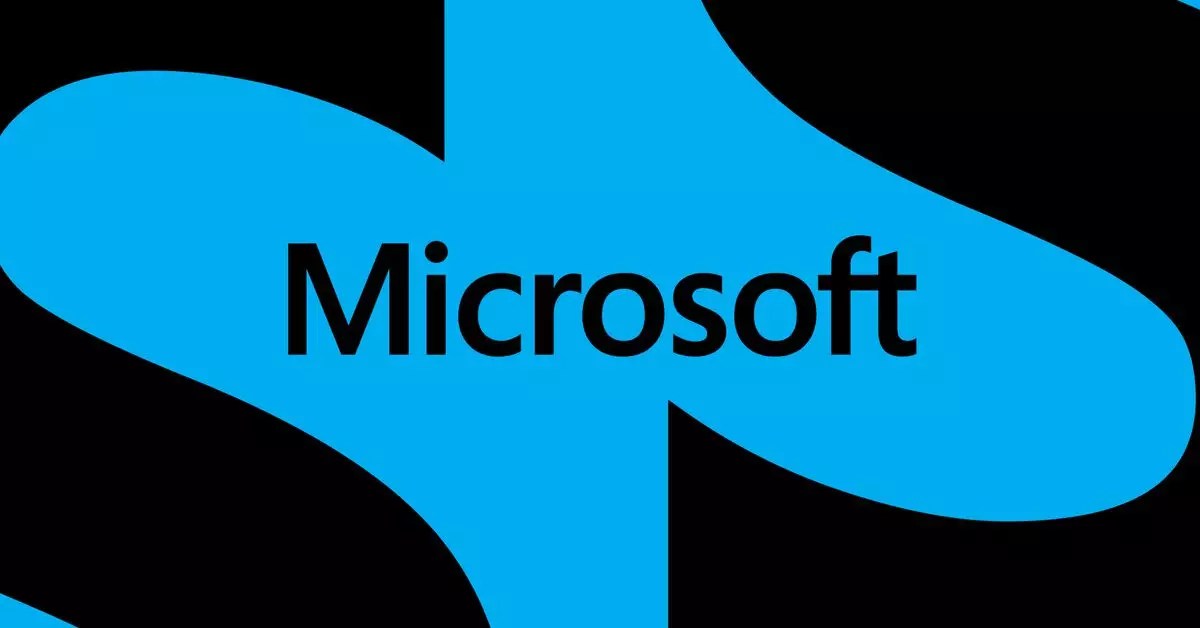In a recent interview with The Verge, Sarah Bird, Microsoft’s chief product officer of responsible AI, emphasized the significance of introducing new safety features in Azure AI. These features are specifically designed to cater to Azure customers who may not have the resources to hire red teamers for testing AI services they develop. Bird highlighted three key safety features that have been incorporated into Azure AI, namely Prompt Shields, Groundedness Detection, and safety evaluations. These features are aimed at detecting vulnerabilities, monitoring for hallucinations, and blocking malicious prompts in real time, ensuring a more secure and reliable AI environment for users.
One of the primary concerns addressed by these safety features is the potential risks associated with generative AI models. Bird points out that customers may not possess the necessary expertise to identify and prevent prompt injection attacks or hateful content, which can lead to undesirable outcomes. By simulating these types of attacks and providing customers with a score based on the evaluation system, Azure AI empowers users to mitigate risks and avoid controversies caused by unintended responses. This proactive approach to safety is crucial in safeguarding against issues such as explicit fakes of celebrities, historically inaccurate images, or inappropriate content that could harm the credibility of AI models.
The monitoring and evaluation system implemented in Azure AI plays a vital role in ensuring the safety and integrity of AI models. Whether a user inputs a prompt or the model processes third-party data, the system evaluates the content for banned words, hidden prompts, or potential vulnerabilities before proceeding. Additionally, it assesses the model’s response to determine if any hallucinations or inaccuracies are present. By providing users with more control over filtering hate speech or violence, Azure AI offers a customizable and secure environment for model development and deployment.
Looking ahead, Bird mentions that Azure users will soon have access to additional features for directing models toward safe outputs and tracking potentially problematic users. This will enable system administrators to identify and address any issues related to unsafe outputs effectively. By offering reports on user activity and allowing customers to toggle filtering options, Azure AI empowers users to take proactive steps in ensuring the safety and security of their AI models. Bird also emphasizes the importance of compatibility with a wide range of AI models, including popular ones like GPT-4 and Llama 2, as well as smaller, open-source systems that may require manual adjustments for integrating safety features.
Microsoft’s focus on enhancing safety and security in AI models reflects the company’s dedication to providing a reliable and trustworthy platform for its customers. As the demand for AI models continues to grow, ensuring that these models adhere to ethical standards and safeguard against potential risks is paramount. By leveraging advanced safety features and monitoring systems, Azure AI sets a precedent for promoting responsible AI development and deployment in the industry. Microsoft’s proactive approach to AI safety underscores the importance of prioritizing security and integrity in AI systems to build user trust and confidence in the technology.


Leave a Reply